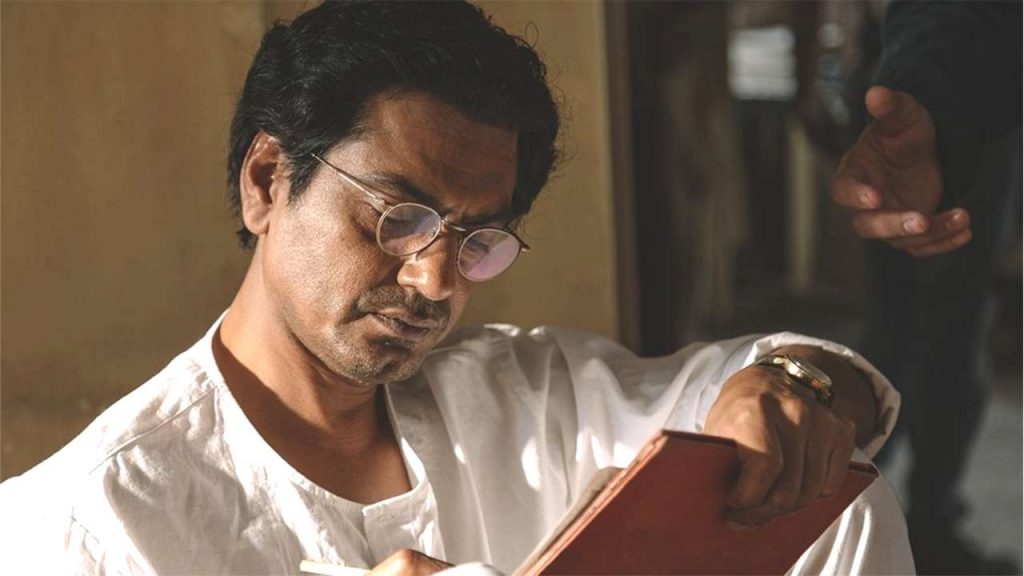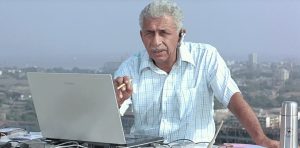Nandita Das’ Manto, which is a biopic on the literary genius Saadat Hasan Manto, is based in the late 1940s and early 1950s. But after watching the Nawazuddin Siddiqui and Rasika Dugal starrer, it doesn’t come across as a period film.
No, this is not a criticism towards the production design or any creative side about the film. The situation of the protagonist wherein he is made to look like a criminal for merely showing the mirror to the society reminds us of the current times. This is unfortunate as it reflects how little has changed in these 70 years after Independence.
This is not the only aspect about the film that portrays today’s era in the imaginary parallel screen inside your mind. There is a moment when the editor of a newspaper advises Manto on writing something halka-phulka (light-hearted) this time around because truth hurts.
In one scene, Manto tries making an audience understand how past invaders are blamed every time we question the authorities about the current pressing issues. This appears right out of the silly comments made by quite a few ‘leaders’ who blame the Mughals, British or Pandit Nehru for the current mess they have created.
Manto elaborates his point by passionately telling the people, “Sab peechhe dekh rahe hain, lekin aaj ke kaatil lahu aur lohe se tareekh likhte ja rahe hain.”
But the audience doesn’t take him seriously. They symbolize those who have become puppets in the hands of loud-mouthed ‘news’ anchors who can create enemies of the nation at their will in order to hide the dark acts of some people.
Apart from the content, the time of the release of Manto turned out to be the most ironical one could imagine. The film arrived just in the week when suppression of freedom of expression succumbed to a new low.
Earlier this week, Salman Khan changed the name of his upcoming production from Loveratri to Loveyatri after a lawyer and fringe organizations objected to it for allegedly hurting ‘religious’ sentiments.
Soon after, the producers of Manmarziyaan made three cuts in the film because some Sikh organizations objected to it. As per the director of the film Anurag Kashyap, he was not even informed about it.
Abhishek Bachchan, who plays one of the leads in Manmarziyaan, justified the cuts yesterday at an event and went onto say that he has no problems with it (read more about it HERE).
What has come as a rude surprise is that the producers of both films readily agreed to the demands without trying to defend their rights as artists, leave alone showing any fight. More importantly, there were hardly any serious protests; nowhere near to what happened with Udta Punjab (2016) and Padmaavat (2018).
If the big names of the industry are ready to succumb even in front of minor protests, spare a thought for a low budget independent filmmaker who can be victimized even for an actor’s hairstyle. To say that they have set a dangerous precedent is a mild way of putting it.
They have ensured that Manto shall, unfortunately, remain relevant even 70 years from now.
By: Keyur Seta


